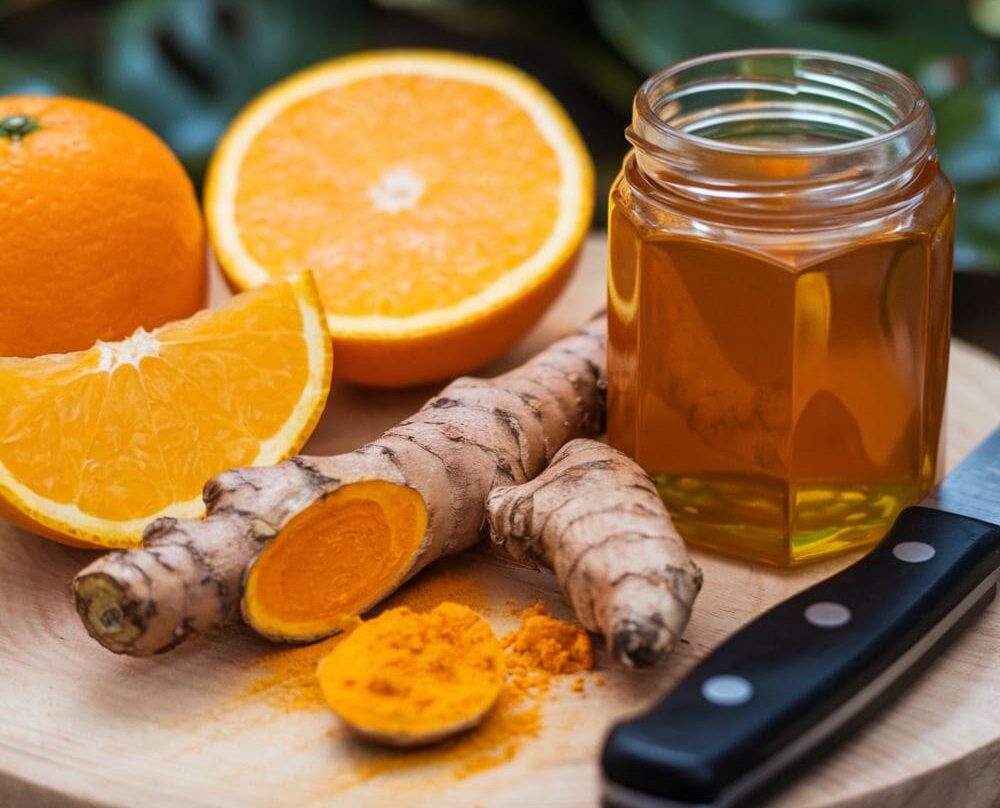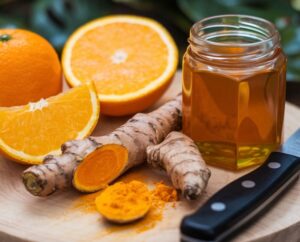STOP Drinking Tea Until You READ This
Tea is often hailed as a healthy beverage choice, with its soothing properties and numerous health benefits. In fact, it is one of the most consumed drinks worldwide, surpassing even coffee in popularity. However, as beneficial as tea can be, there are important factors you should be aware of, especially if you’re a frequent tea drinker. Here are three crucial things every tea enthusiast should know:
1. The Hidden Risks of Tannins in Tea
Certain types of tea, particularly black teas like English Breakfast, are rich in tannins. While tannins are known for their antioxidant properties, they also come with some drawbacks, especially when consumed in excess. Tannins can bind to essential minerals such as iron, zinc, and calcium, reducing your body’s ability to absorb these vital nutrients. As a result, regular tea drinkers may face deficiencies in these minerals, leading to potential health issues.
In addition, tannins can hinder the absorption of Vitamin B1 (thiamine), a crucial vitamin for the nervous system. A deficiency in B1 can lead to symptoms such as:
Anxiety
Nervous tension
Vivid dreams or nightmares
Restless leg syndrome
B1 is also depleted by several factors, including:
Caffeine (found in tea and coffee)
Sugar and refined grains
Alcohol
Certain medications (e.g., metformin, antibiotics, birth control pills)
To mitigate these effects, consider supplementing your diet with B1 and minerals if you’re a frequent tea drinker, especially those consuming black tea.
2. The Risk of Heavy Metals in Tea
Another often overlooked concern with tea is the presence of heavy metals such as aluminum, lead, and arsenic. These toxins can accumulate in the tea leaves, particularly in tea sourced from areas with contaminated soil. Research has shown that some teas, especially those imported from regions like China, may contain high levels of heavy metals and pesticides. One study even identified 29 different pesticides, many of which are banned or illegal.
Additionally, fluoride, a common toxin found in tea, can also accumulate in the leaves, as tea plants are typically grown in acidic soils that absorb both essential and harmful substances. To avoid exposure to these contaminants, it’s crucial to:
Buy organic tea
Know the source of your tea
Choose high-quality tea from regions with strict agricultural regulations, such as Japan, where tea quality is often superior.
3. The Tea Bag Dilemma: Chlorine and Chemical Risks
While many tea drinkers may overlook the tea bag itself, it’s worth noting that some tea bags are bleached with chlorine, a chemical known as epichlorohydrin, which is classified as a carcinogen. To reduce your exposure to harmful chemicals, opt for loose-leaf tea or select tea bags that are free from bleach and other harmful substances.
Key Takeaways for Tea Drinkers:
If you drink tea regularly, here are four essential tips to ensure you enjoy the beverage without compromising your health:
Choose organic tea to minimize pesticide and heavy metal exposure.
Supplement with Vitamin B1 and essential minerals to counteract the effects of tannins.
Opt for loose-leaf tea or bleach-free tea bags.
Research the source of your tea to ensure it comes from a reputable, high-quality producer.
Tea can be a wonderful and healthy beverage when consumed mindfully. By making informed choices about the type of tea, its source, and how you prepare it, you can enjoy its benefits without unknowingly compromising your health.
Share this content:











